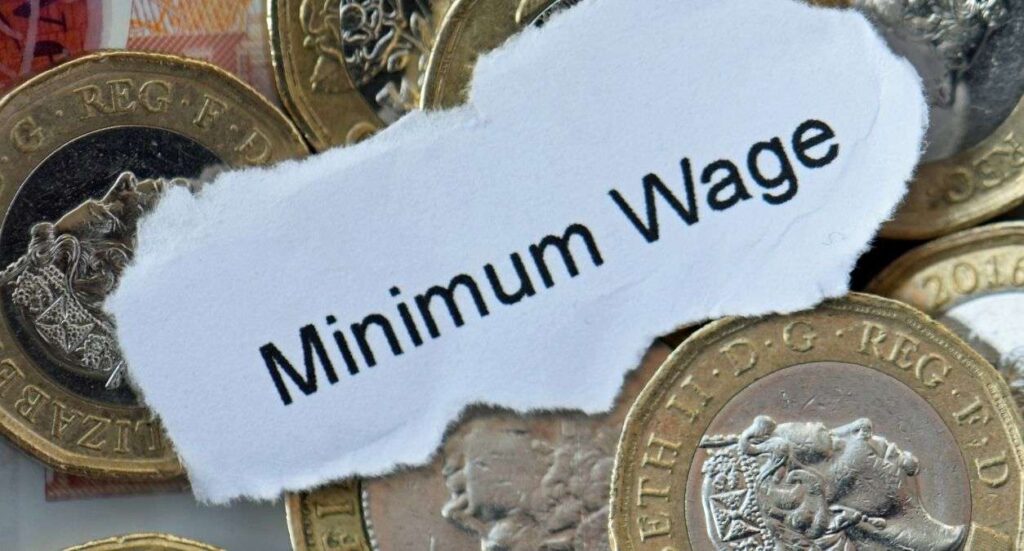Table of contents
Table of contents
Table of contents
Contributors
My main focus is managing the blog and product content for the Protectivity website ensuring everything aligns wi...
Both employers’ liability insurance and public liability insurance cover your business in the event an injury occurs and there’s a claim for compensation. However, there are certain key differences that mean your business may require one but not the other.
In this guide, we’ll take a look at employers’ liability insurance vs public liability insurance, including what each covers, why you might need it, and the risks involved by overlooking their importance.
What is employers’ liability insurance?
If your business has at least one employee, whether part-time, full-time, or even work experience, then by law you’ll need to secure employers’ liability insurance. It helps to protect your business should an employee sustain an injury and claim compensation.
It doesn’t matter how that injury might have occurred, or how little you perceive the risk of injury to be. For example, your employees don’t need to be working in a high-risk environment, such as a factory – even slipping on a wet floor or tripping over a chair leg can cause an injury for which your business may be held liable.
It’s your responsibility as an employer to ensure your business has the appropriate level of cover should the unexpected happen. If your business employs at least one employee then it’s a legal requirement to have the relevant policy in place and cover you for a minimum of £5m.
You should have employer’s liability insurance if…
There are many reasons to ensure your business has employers’ liability insurance. If you’re self-employed and a sole trader, or work with bonafide subcontractors, then it isn’t necessary. However, if anyone who works with you could be considered an employee – including unpaid volunteers – you’re required to secure employers’ liability insurance. This even includes temporary employees and students doing work experience. You’ll also need it if you don’t technically have any employees, but have a limited company with more than one director.
An obvious example is you’re a software development agency with three full-time employees and one part-time employee. Due to the risk of injury being low, the risk of a compensation claim by an employee is also low – however, you can never guarantee that there is zero risk. Because of this, you’ll need employers’ liability insurance.
A less obvious example would involve a self-employed graphic designer who periodically works with local students to provide them with work experience. While not technically an employee, this would still require a policy. Similarly, an electrician who hires a labour-only subcontractor (ie, one that doesn’t have their own tools) will also need employers’ liability insurance.
What is public liability insurance?
Public liability insurance covers you should a customer, client or member of the public make a compensation claim against your business. This would usually be a result of your business being at fault for injury or damage to property. These claims can be expensive and time-consuming, and public liability insurance covers the costs involved with any legal action.
Unlike employers’ liability insurance, public liability insurance is not a legal requirement. However, it’s recommended should a claim ever be raised against you, regardless of how low the level of risk may seem. In many circumstances, clients will want you to prove you have cover before working with you. Certain trade associations also require you to have public liability insurance in order for you to become a member.
You should have public liability insurance if…
Most claims come as a result of perceived negligence, which is a fairly broad term. For example, if you’re a painter and decorator and accidentally drill through a water pipe, it can be hard to argue against this being negligence. However, if a customer enters your small clothing store and spills a drink, which another customer then slips on resulting in an injury, this could also be perceived as negligence.
As a result, if your business serves customers or can be accessed by the public in any way, it’s advisable that you secure public liability insurance. This includes:
- Builders
- Cleaners
- Coffee shops and cafes
- Contractors
- Estate agents
- Events companies
- Leisure companies and tourist attractions
- Restaurants
- Retailers
- Spas and salons
- Therapists
- Tradespeople
If your business is office-based and contact with your customers and the public is low, it may also be something you want to consider. For example, clients may periodically visit your business premises for meetings, you may hold job interviews on-site, or you simply receive deliveries from couriers.
Even if you work from home, securing the appropriate public liability insurance should be something you consider, particularly if you sometimes work away from home.
The risk of not having the correct insurance in place
As we’ve already highlighted, if you have employees (or even volunteers and certain types of subcontractors) then having sufficient employers’ liability insurance is a legal requirement. By not having insurance, not only does your business risk facing astronomical costs in the event of a claim, but you also face fines of £2,500 per day until you have a policy in place.
Public liability insurance isn’t mandatory, however, if you choose not to have it then it’s important that you and your business understand the risk. Even if the risk to others is exceptionally low, accidents do happen. If you find yourself on the receiving end of a compensation claim as a result of injury or property damage, then without insurance the cost to your business is likely to be high. In many cases, the costs can climb into the millions, which may lead to bankruptcy.
With insurance, your insurer should pay any legal costs – including any compensation you may be required to pay – minus any excess you may have on your policy.
Summary
When it comes to employers’ liability insurance vs public liability insurance, it’s often more than simply a case of choosing one or the other. Depending on your business and who works for and with you, you may need one or the other – or even both.
Looking for new employers’ liability or public liability insurance? Protect your business with our small business insurance – get a free quote today.
*Disclaimer – This blog has been created as general information and should not be taken as advice. Make sure you have the correct level of insurance for your requirements and always review policy documentation. Information is factually accurate at the time of publishing but may have become out of date.
Last updated by

















